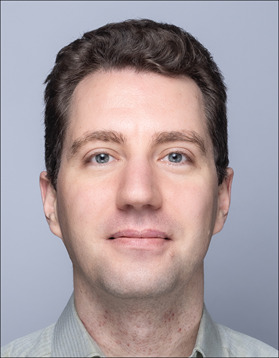Klartext: AI-based Translation of Websites Into Plain Language
Title: Klartext: AI-based Translation of Websites Into Plain Language
Duration: 01.09.2024 – 31.12.2024
Research Area: Understanding Language
Aims
The aim of the project “Klartext” is to use the latest large language models, similar to ChatGPT, to translate extensive content from the websites of ScaDS.AI Dresden/Leipzig and the TUD Dresden University of Technology into plain or simple language and to offer this alongside German and English. This not only serves to reduce language barriers, but also creates significant added value by promoting the inclusion and participation of all citizens in scientific and cultural discourse.
A key component of the project is to significantly increase the efficiency of translation through the use of artificial intelligence and at the same time ensure consistently high quality results. This is to be achieved through extensive automation and standardization of text generation, whereby the texts are only confirmed or checked by one person before publication. In addition, the “translation” software should be intuitive and open source so that it can be used worldwide. An integrated feedback system should also offer users the opportunity to provide feedback on the translations in order to adapt the AI system and ensure a continuous improvement in translation quality.
Problem
It is estimated that between 10 and 17 million people in Germany live with reading difficulties of various kinds. This group includes several million functional illiterates as well as people with reading and writing disorders and mental disabilities. In recent years, the number of non-native speakers has also increased significantly. All of these people could benefit enormously from texts written in “plain language”. However, despite the obvious need, there are still only a few small websites that provide content in plain language throughout. Even websites of state institutions lack such a service, as this involves additional effort and a lack of suitable tools for easy provision.
Team
Lead
Team Members
- Gina Valentin
- Daniel Spiering
Partner
- Prof. Dr. Alexander Lasch (TUD Dresden University of Technology)
- Claudia Neumann (TUD Dresden University of Technology)



